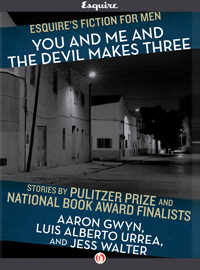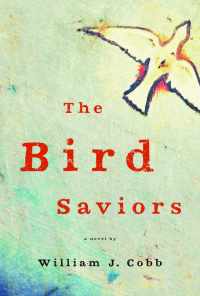The Paris Directive by Gerald Jay
 Wednesday, June 20, 2012 at 10:47AM
Wednesday, June 20, 2012 at 10:47AM 
Published by Nan A. Talese on June 19, 2012
The Paris Directive starts out as a French police procedural involving a hit man, four dead Americans, and a disgruntled police inspector. When, approaching the midway point, the CIA station chief in Paris becomes involved, The Paris Directive takes on the added flavor of a spy novel, although one involving industrial rather than political espionage. Unfortunately, by trying to meld two different kinds of story, the novel fails to do justice to either one.
Inspector Paul Mazarelle feels miserable about his life, an attitude that isn't improved when Benjamin Reece, the co-owner of a New York art gallery, shows up at the police station in Bergerac to complain that his cash and credit card have been stolen from the vacation home in Taziac that he and his wife are sharing with another couple. Reece's housemate, Schuyler Phillips, is a wealthy CEO. A neighboring residence has been occupied by Klaus Reiner, a hit man who has been hired to kill Phillips. The job goes wrong and all four members of the household end up dead.
Mazarelle, a former Parisian, is unchallenged by his job in Bergerac until the vacationing couples are brutally murdered. While the evidence points to Ali Sedak, a handyman who was working on the vacation home, the reader learns in the first few pages that Reiner is responsible. Benjamin's daughter Molly, a Manhattan prosecutor, flies to France and (not surprisingly) engages in her own investigation.
The motivation for the murder of Phillips is a bit difficult to swallow but I'm always prepared to accept the implausible or the sake of a good story. I was more troubled by the decision of the people who wanted Phillips killed to order a follow-up hit to divert attention from the Phillips slaying when the new murder would assuredly have the opposite effect. Just as problematic is their plan to deal with Reiner, which depends upon a wildly improbable coincidence.
The Paris Directive tries to be too many things at once. It doesn't quite succeed as a murder mystery, given that there's no mystery about the killer's identity. Nor does it quite succeed as a novel of international intrigue, given that the intrigue is deeply buried until it finally resurfaces in the final chapters. Racism against Algerian Arabs in France adds an ugly note of social realism to the story but that aspect of the story is underdeveloped.
What did work for me is the character of Mazarelle. Molly is an interesting character but not a particularly convincing one. Reiner, like the other secondary characters, lacks depth. Mazarelle, on the other hand, is an engaging cop. A dejected man who has thrown himself into his work after the death of his wife, Mazarelle contemplates retirement but tells Molly that "homicide is my life." If this had been a more traditional mystery, if Mazarelle had played the role of detective and uncovered a murderer, The Paris Directive would have been a better novel. As it stands, The Paris Directive is worth reading for the chance to know Mazarelle, but not so much for the story.
RECOMMENDED
 TChris |
TChris |  Post a Comment |
Post a Comment |  Gerald Jay,
Gerald Jay,  Recent Release in
Recent Release in  Thriller
Thriller 


